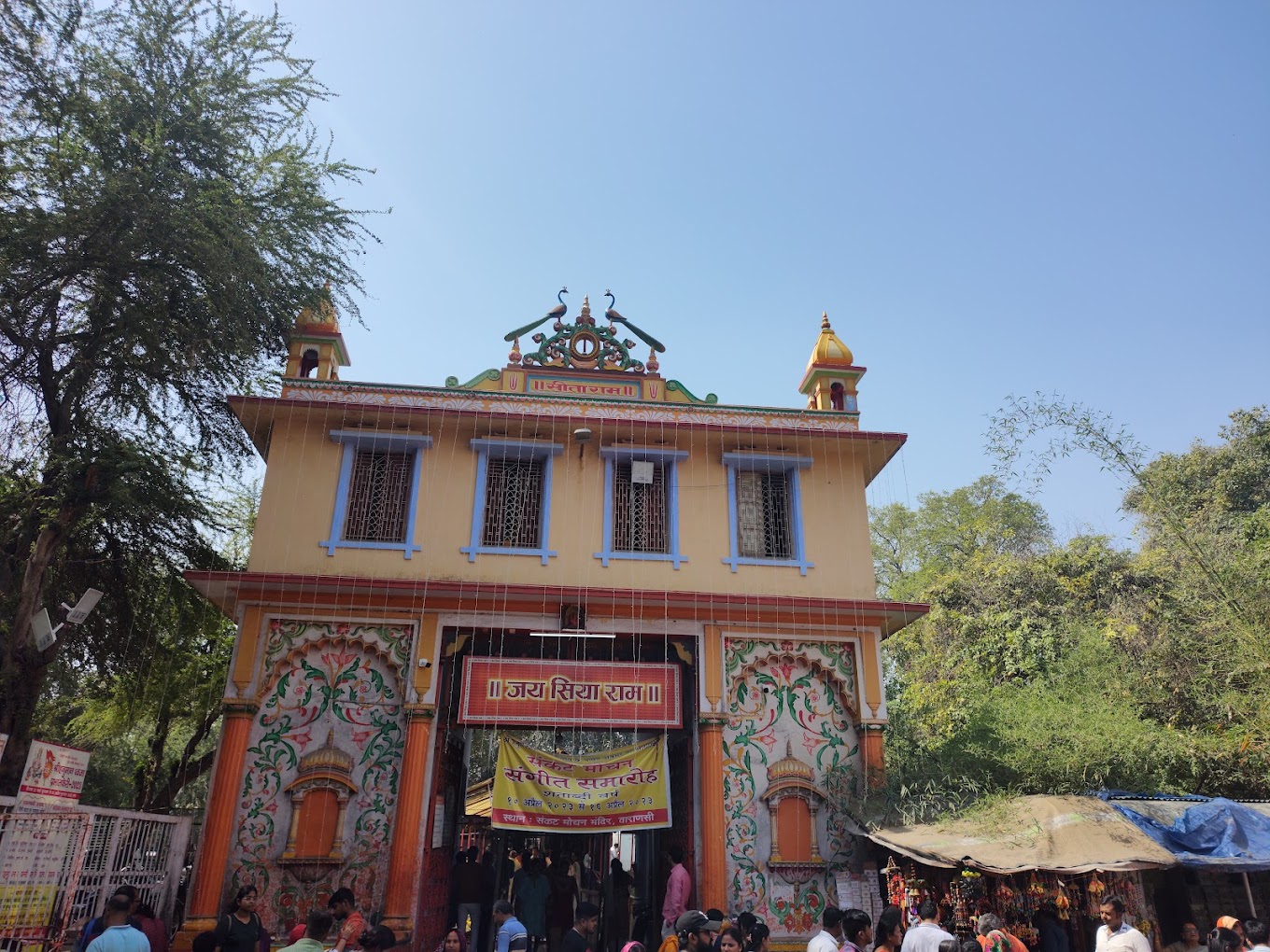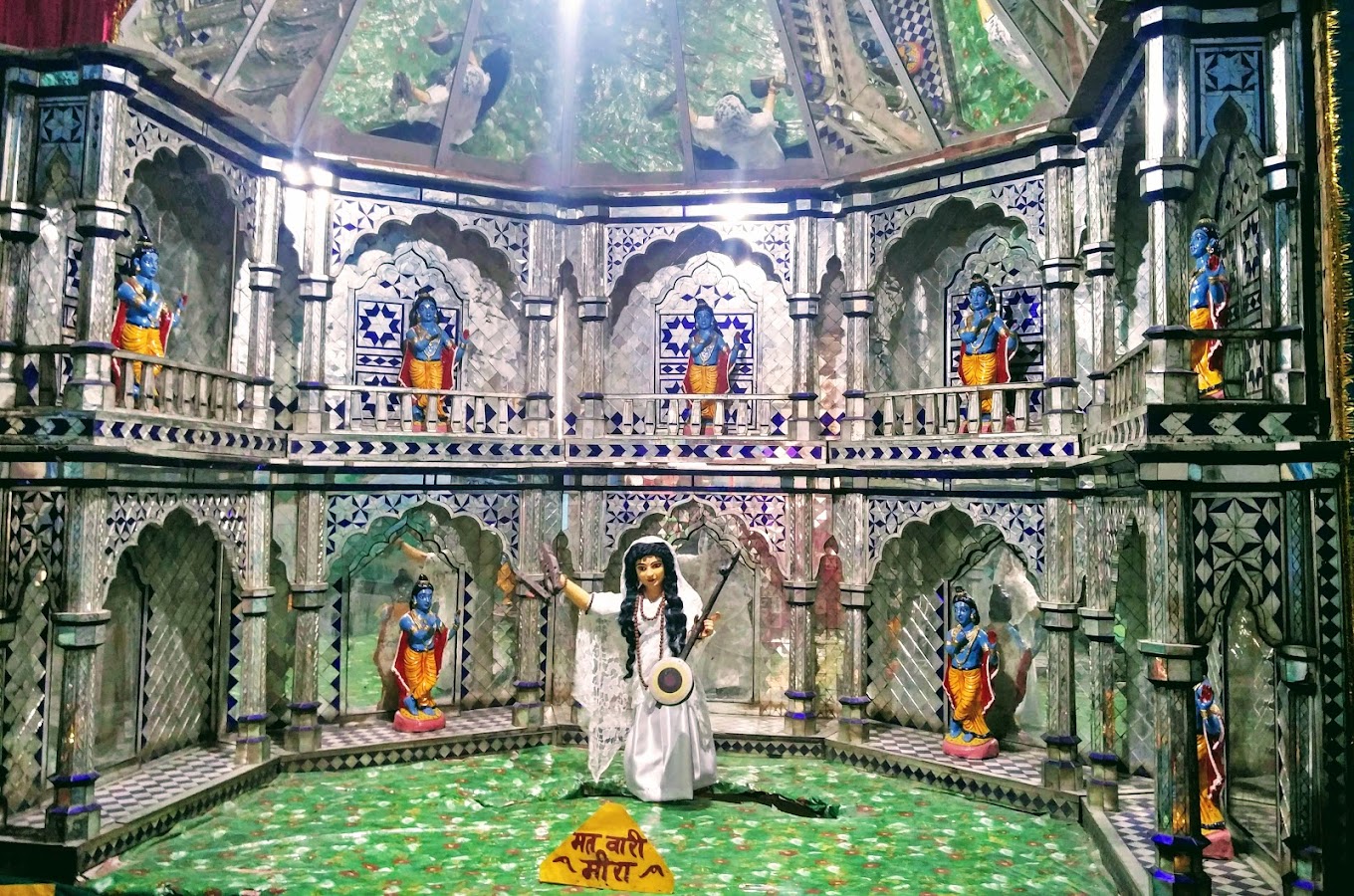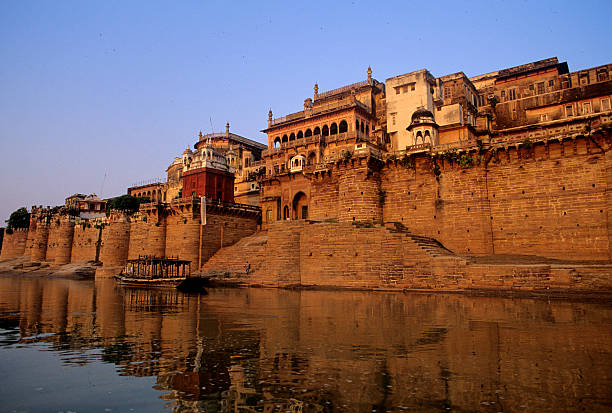Share this link via
Varanasi is a city in the northern Indian state of Uttar Pradesh dating to the 11th century B.C. Regarded as the spiritual capital of India, the city draws Hindu pilgrims who bathe in the Ganges River’s sacred waters and perform funeral rites.
Along the city's winding streets are some 2,000 temples, including Kashi Vishwanath, the “Golden Temple,” dedicated to the Hindu god Shiva.

Kashi Vishwanath Temple is a Hindu temple dedicated to Shiva.

It is one of the biggest ghats of Varanasi and most popular one.

Dashashwamedh Ghat is a main ghat in Varanasi located on the Ganges River in Uttar Pradesh.

Manikarnika Ghat, the main burning ghat, is the most auspicious place for a Hindu to be cremated.

It is a former residential palace of the king of the former Varanasi state, Maharaja Ganga Singh in Varanasi.

It is dedicated to the Hindu God Hanuman. The temple was established by famous Hindu preacher and poet saint Sri Goswami Tulsidas.

This temple has great historical and cultural importance in Hinduism since the ancient Hindu epic Ramcharitmanas was originally written...

It is a fortification in Ramnagar, Varanasi, India. It is located near the Ganges on its eastern bank, opposite to the Tulsi Ghat.
The city boasts of some of the world's best riding camels and is aptly nicknamed 'camel country'. It is also home to one of the world's largest camel research and breeding farms; as well as being known for having its own unique temple dedicated to Karni Mata at Deshnok, called the Rats Temple.
With a long, rich history and heritage and sand dunes just close by, it's not surprising that Varanasi is also called “Camel Country” and it has a lot of eco-friendly getaways to offer.